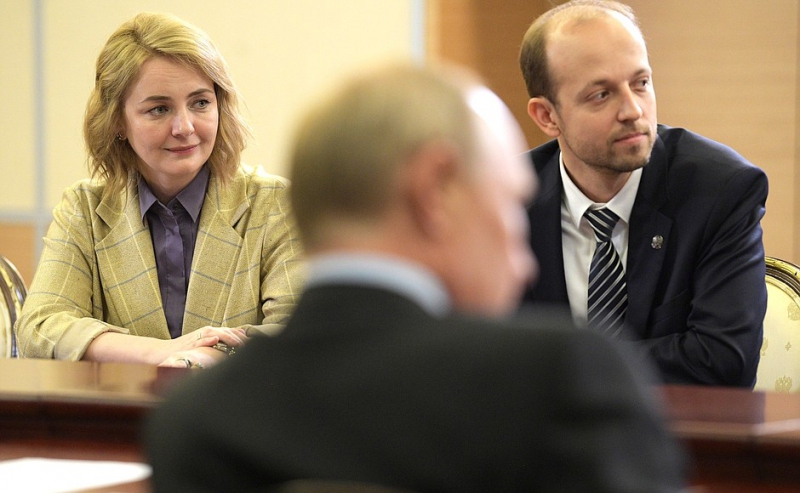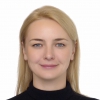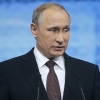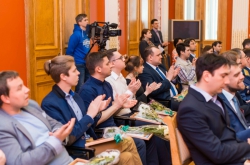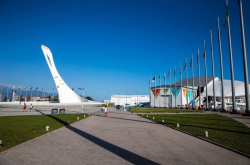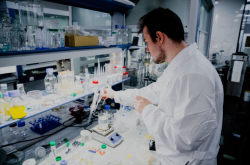The megagrant program was launched in 2010 when the Russian government adopted a resolution on awarding three-year grants by way of competition in order to attract leading scientists to Russian universities. The prefix “mega-” was added to reflect the grants’ sizes, which amount to at least a million and a half rubles for individual research and up to 150 million for major research projects. The program’s priority goals have to do with attracting world-class scientists to Russian universities and scientific organizations for the purposes of drawing more young specialists to work in the field of science, education and high-tech, reinforcing Russian science with competences that it lacks and that have been developing in the recent decades, and forming competitive national research teams.
“What’s important is that both megagrants and the program of the Russian Foundation for Scientific Research are based on these key principles: long-term financing horizon (when we spoke about it the last time, I said that we’ll organize and guarantee it, which we did, hence we have the opportunity to plan our work), as well as modern, strict requirements for expert evaluation and research results and, by all means, a focus on priority fields of science and engineering, and on solving strategic innovative tasks,” noted Vladimir Putin during the meeting with scientists that took place at his Sochi residence.
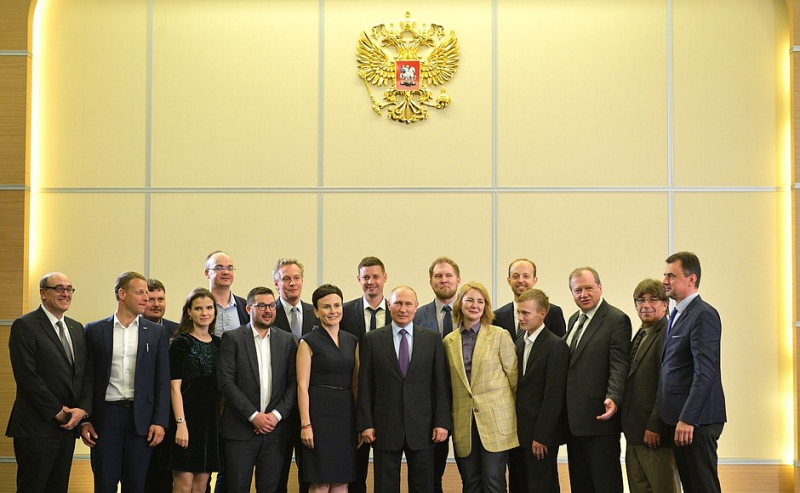
Among the meeting’s participants were many internationally recognized scientists, including Valery Fokin, a Nobel prize nominee in chemistry for 2013, and Ekaterina Skorb, a former Harvard professor who’s now working for ITMO University, as well as the winner of last year’s L’OREAL – UNESCO “For Women in Science” contest.
Prof. Skorb spoke with the President about her scientific background, her decision to work in Russia and her current work at ITMO University. According to her, she observes a state of stagnation in today’s chemical science, and wants to overcome it with the help of interdisciplinary projects. She found opportunities to do just that at ITMO University, where she works alongside many strong specialists in IT, engineering and other fields. Dr. Skorb also stated that the six months that she’s spent in Russia have already brought her successful results. You can read about her work in more detail here.
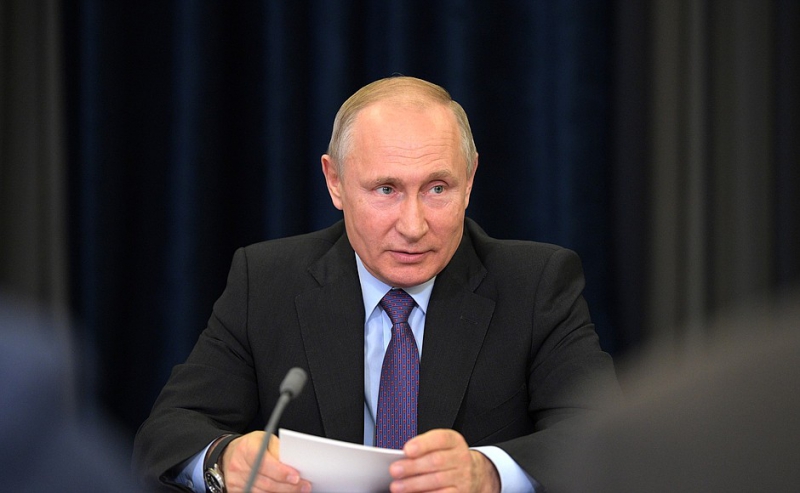
“Our science is becoming younger, more dynamic and competitive,” concluded Vladimir Putin. “In essence, Russia’s new scientific geography is currently being formed: strong scientific schools are now actively developing in not just Moscow and St. Petersburg, but many other cities as well. Among these are Nizhny Novgorod, Perm, Tyumen, Yekaterinburg, Rostov, Saratov, Irkutsk, Krasnoyarsk, Sevastopol, and others. What’s more, over 60% of staff at these laboratories are scientists under the age of 39.”
A complete transcript (in Russian) of Vladimir Putin’s meeting with young scientists and megagrant winners can be found here.
